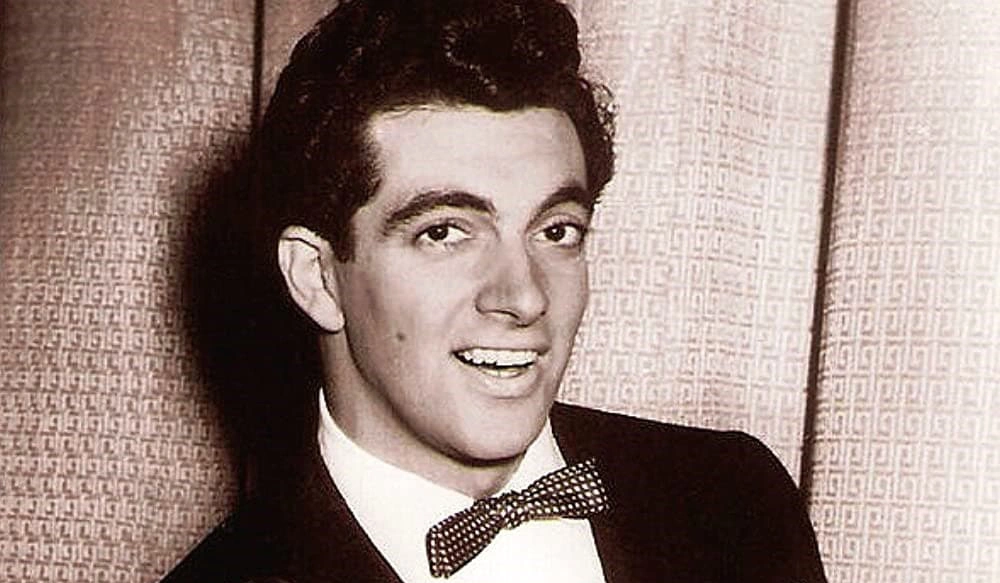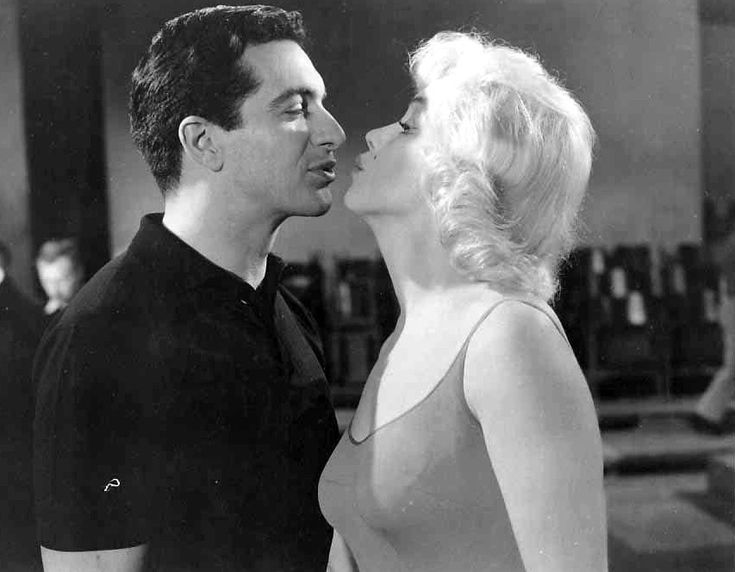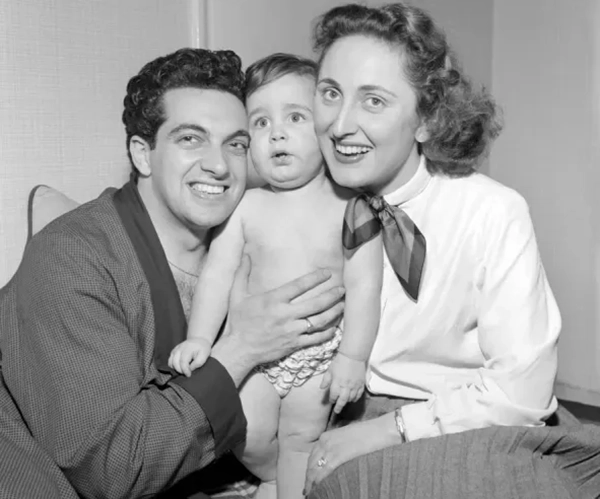“Mr. Moonlight” Gone: Frankie Vaughan Dead at 71
He was a hugely successful English singer and entertainer, known for his charismatic stage presence, chart-topping hits, and a film role opposite Marilyn Monroe.

Frankie Vaughan, the English crooner affectionately known as “Mr. Moonlight,” was best known for his lively renditions of hits like Istanbul (Not Constantinople), Kisses Sweeter than Wine, and Kewpie Doll. Over a career that spanned more than two decades, he released 25 albums and became a familiar face on British television and in concert halls across the UK.
Movie career
In addition to his music career, Frankie Vaughan appeared in several films during the late 1950s and early 1960s. He made his screen debut in These Dangerous Years (1957), playing a tough but charming young man conscripted into the army. He went on to star opposite Marilyn Monroe in Let’s Make Love (1960), his most high-profile Hollywood role. Vaughan also appeared in British musicals such as The Heart of a Man (1959) and Wonderful Things! (1958), which showcased both his acting and singing talents.

Personal life
Born Frank Ableson, he grew up in a Russian-Jewish family in Liverpool, England.
Vaughan was married to Leeds-born Stella Shock from 1951 until his death in 1999. Stella, who died in 2022, was a steady presence throughout his long career in entertainment. They had three children: a daughter, Susan (born 1963), and two sons—David Sye (born 1961), a singer and longtime yoga teacher, and Andrew Ableson (born 1968), an actor and singer.

How did he die?
He died of heart failure at his home in High Wycombe in 1999, at the age of 71. He was survived by his wife, Stella, with whom he shared a long marriage. The following year, Stella donated a collection of his personal archives—including musical scores and sheet music he gathered over his lifetime—to Liverpool John Moores University, helping to preserve his legacy for future generations.